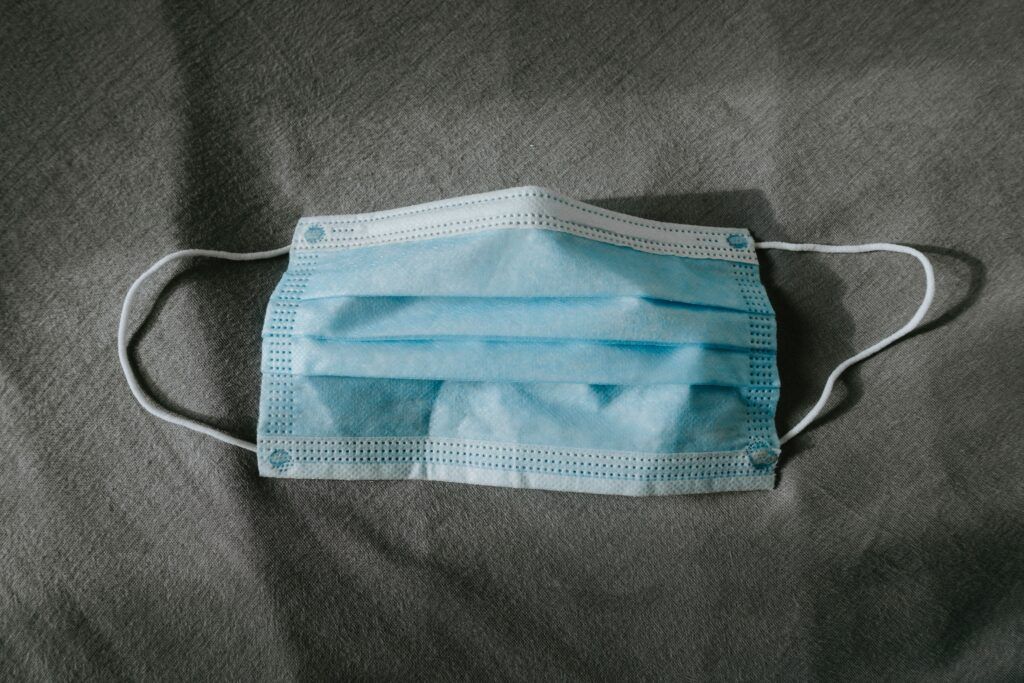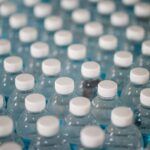The responses to COVID-19 have resulted in increased use of certain products made from long-lasting single-use plastics, according to the EEA briefing ‘’. Increased production and consumption of masks and gloves, which have been essential to protect people’s health, and certain types of food packaging resulted in additional greenhouse gas and other emissions, as well as litter that can harm ecosystems and animals.
Imports of face masks and gloves into the European Union (EU) more than doubled during the first half year of the pandemic, and the EU’s domestic production was also growing. The EEA briefing estimates that about 170 000 additional tonnes of face masks, or about 0.75 face masks per person per day, were imported to the EU during that period, resulting in additional greenhouse gas emissions and other types of pollution. The briefing further estimates that reusable cotton masks become more climate friendly after about 13 washes but notes that reusable masks may not provide the same level of protection, which should always be the primary consideration.
The use of plastic packaging also changed during the pandemic but, instead of increasing, the EU’s domestic production of plastic packaging decreased rapidly during the first months of the pandemic and then bounced back by October 2020 when restrictions were lifted in many countries, the EEA briefing shows. During the lock-downs, restaurants shifted to take-away and deliveries, increasing the use of single-use plastic food containers. However, the same lockdowns may have reduced overall sales of on-the-go snacks, reducing the need for plastic for that purpose.
The briefing outlines several responses to be better prepared for future disruptions and uncertainties, including research on alternative materials and product designs, strategies to reduce littering, options for sanitising medical products, better recycling, and circular business models.
More information
Impact of COVID-19 on single-use plastics and the environment in Europe







Leave a Reply